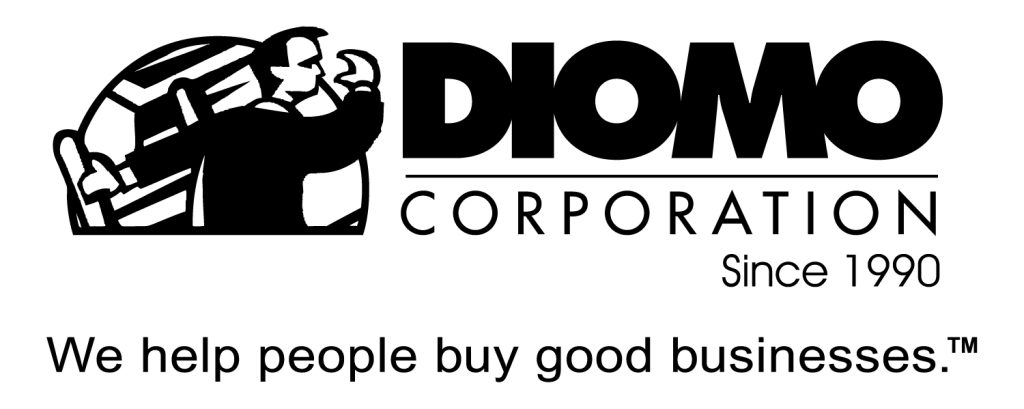When I first entered the business brokerage world a number of years ago, a colleague at the firm told me that “every business is overpriced the day it is listed for sale”. Often, it can be a seller who thinks that is what the business is worth or what they need from the sale to either retire, payoff debt, or recoup their investment.
The problem is that none of those reasons make sense or have any bearing on the actual value of the business.
The reality is that most sellers and a similar number of brokers will initially list a business at a price that does not always have any quantifiable reasoning with a plan to lower the price as the market indicates a lack of any meaningful interest.
Keep this in mind: What the vast majority of business owners think their business is worth has zero relationship to its actual value.
So how then can a prospective buyer possibly navigate through this situation? If the seller has a ridiculous price, can a buyer make any headway? First off, forget the asking price. Look at the core business fundamentals. You can deal with price later and EVERYTHING is negotiable. It is far more important to understand the guts of the business, analyze the industry, competition, suppliers and determine whether it is the right business for you to own. Additionally, the key is determining if and how the business can transition to you as the new owner.
Obviously the valuation is important and you do not want to waste a ton of time investigating all other aspects only to be shunned by the seller when it comes time to discuss the purchase price. However, a buyer is better served to first understand the business and industry and to have meaningful conversations with the seller in order to build trust in one another. Negotiations are always more effective that way. The seller will have far more respect for your perspective on the valuation if you know what you are talking about rather than coming on strong and just trying to ram your version of the valuation down the seller’s throat – it won’t work.
Build up credibility with the seller. Learn the generalities of the business and the industry in which it operates. Be an educated and informed buyer. Talk with a level of intelligence. Establish a relationship with the seller. Then, address the valuation and provide quantifiable data to back up your position.

